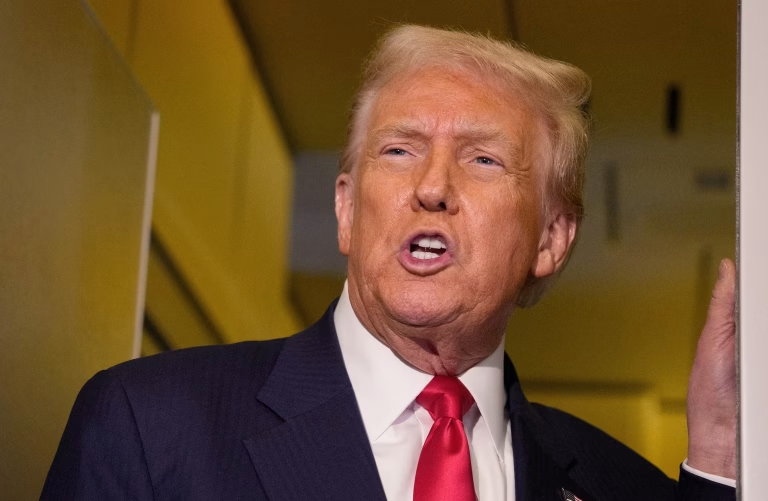
Tony Blair
Britain’s former Prime Minister Tony Blair warned on Monday that “radical Islam” remained a “first-order security threat” to the world despite two decades confronting the issue across the globe.
Ahead of the 20th anniversary of the September 11 attacks in the United States, and in the wake of the Taliban retaking power in Afghanistan, Blair argued that the threat posed by jihadist groups was “getting worse”.
He reiterated his long-held belief it could only be defeated by “a combination of hard and soft power” and urged world powers, including non-Western allies, to adopt a more unified approach.
“Islamism, both the ideology and the violence, is a first order security threat; and, unchecked, it will come to us, even if centred far from us, as 9/11 demonstrated,” he said at the Royal United Services Institute military think-tank.
“The leading powers must unite to develop an agreed strategy,” he added, noting China and Russia had an interest in countering it alongside many Muslim countries in the Middle East and elsewhere.
Blair highlighted the radicalism pushed by Shia Iran, and Sunni groups from the Muslim Brotherhood through to Al-Qaeda, the Islamic State group and Boko Haram.
He said they were “the principal cause of de-stabilisation across the Middle East and beyond and today in Africa”.
Blair took Britain into war in Afghanistan alongside the United States in 2001 to oust the Taliban from power after they refused to give up Al-Qaeda chief Osama bin Laden.
He promised President George W. Bush that Britain would stand “shoulder to shoulder” with Washington in the US leader’s “war on terror”, including in Iraq in 2003.
Blair, who has faced criticism for backing Bush’s campaign against Saddam Hussein, defended Western interventionism.
But he reiterated his criticism of the allies’ current strategy, which last month saw him condemn their “abandonment” of Afghanistan as dangerous and unnecessary.
Blair also branded Washington’s motives for this year’s total US military withdrawal — enshrined in US President Joe Biden’s vow to end “the forever wars” — as “imbecilic”.
On Monday, he argued there were instances when “boots on the ground” were needed and that relying on local forces would not always be possible.
Taking questions on his criticism of Biden’s Afghan policy, the former British leader said he had “deep respect” for the US president but that the “forever wars” pledge was “not a good way of making policy”.
“In the end, it’s a political slogan, it’s not really based on an analysis,” Blair said of the “deeply mistaken” phrase, which Biden used repeatedly during campaigning last year.
“We haven’t ended this war, we’ve ended our participation in it — different concept,” Blair added.
(AFP)









398088 375972What is your most noted accomplishment. They may possibly want great listeners rather than excellent talkers. 149384
806756 426116Its difficult to get knowledgeable folks with this subject, but the truth is could be seen as do you know what you are referring to! Thanks 908107
565091 555978Merely wanna input on few general items, The site layout is perfect, the articles is really very good : D. 621739
219719 854322This internet web site could be a walk-through its the data you wanted in regards to this and didnt know who should. Glimpse here, and youll absolutely discover it. 669759